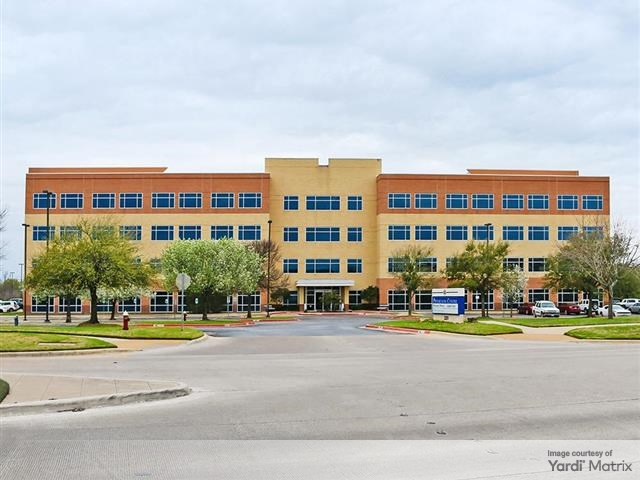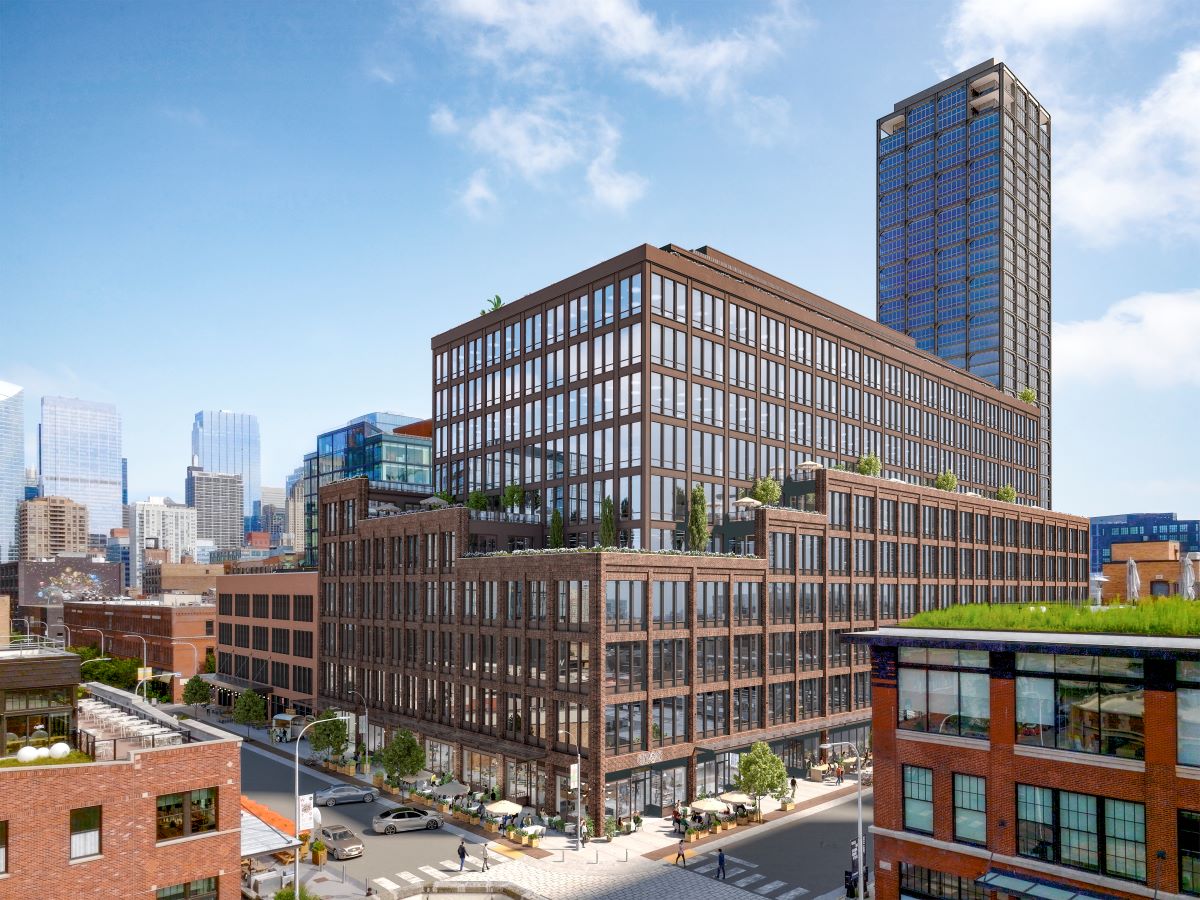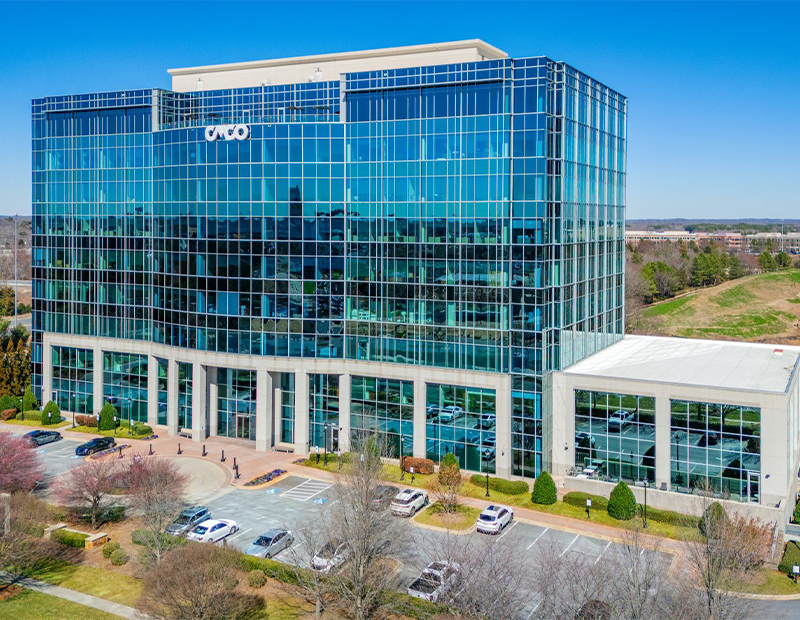MGM Mirage to Bid Adieu to Atlantic City with Borgata Hotel & Casino Settlement
Atlantic City has not escaped the negative financial ramifications of the recession, but that has nothing to do with MGM Mirage's plans to make its exit from the famous gaming town.
March 16, 2010
By Barbra Murray, Contributing Editor
Atlantic City has not escaped the negative financial ramifications of the recession, but that has nothing to do with MGM Mirage’s plans to make its exit from the famous gaming town.
Less than a year after the New Jersey Division of Gaming Enforcement concluded an investigation of MGM Mirage’s relationship with Pansy Ho Chiu-king, its MGM Grand Macau joint venture partner, MGM Mirage has consented to sell its 50 percent stake in the Borgata Hotel Casino & Spa in Atlantic City as part of a settlement agreement with DGE. If approved, the deal will effectively eliminate MGM’s presence in New Jersey.
MGM Mirage and Las Vegas-based Boyd Gaming Corp., functioning together as Marina District Development Holding Co. L.L.C., each own a 50 percent share of Borgata and related leased land.
After Borgata’s application for casino license renewal was approved in June 2005, DGE revealed it had commenced the investigation into MGM Mirage’s Macau partnership. DGE completed its research in May 2009 and submitted a report on its findings to the New Jersey Casino Control Commission (CCC); the conclusions were hardly favorable, nor were DGE’s recommendations.
In the report, DGE advised that MGM Mirage’s Macau joint venture partner be deemed “unsuitable” and that the company be instructed to extricate itself form business associations with its partner. DGE also recommended that MGM Mirage’s “due diligence/compliance efforts be found to be deficient.”
MGM Mirage does not concur with DGE’s conclusions and recommendations, but forced to choose, the company has decided to stick with its Macau joint venture.
“We have the utmost respect for the DGE but disagree with its assessment of our partner in Macau,” Jim Murren, MGM Mirage Chairman and CEO, said in a prepared statement. “Regulators in other jurisdictions in which we operate casinos have thoroughly considered this matter and all of them have either determined that the relationship is appropriate or have decided that further action is not necessary. Since the DGE takes a different view, we believe that the best course of action for our company and its shareholders is to settle this matter and move forward with the compelling growth opportunities we have in Macau.”
Boyd’s ownership interest in Borgata will be unaffected by MGM Mirage’s settlement agreement. Boyd and MGM Mirage developed Borgata in 2003 at a cost of approximately $1 billion. The upscale property features 2,300 guestrooms; 161,000 square feet of casino floor space; entertainment facilities that include a 2,400-seat event center and a 1,000-seat theater; a 54,000-square-foot spa; 12 restaurants; and 11 retail shops. It’s a premier property, so investors with deep pockets and an eye on the gaming industry’s eventual emergence from its recession-induced slump may take an interest in snapping up MGM Mirage’s half of Borgata.
“We think it’s likely that the buyer would most likely be a real estate fund or a private equity fund because gaming companies like to operate and this is a non-operating position,” Jacob Oberman, Director of Gaming & Research Analysis for real estate services firm CB Richard Ellis’s Global Gaming Group, told CPE.
Before anyone can acquire MGM Mirage’s share of Borgata, the settlement agreement has to be approved by the CCC, which is scheduled to hold a hearing on the issue on March 17. While an approval will leave MGM Mirage without a presence in New Jersey, the gaming company could make a comeback. MGM Mirage will have the option of reapplying for a New Jersey gaming license 30 months after the close of the disposition of its Borgata stake.








You must be logged in to post a comment.